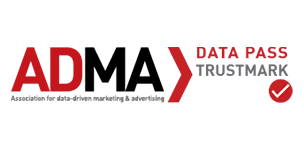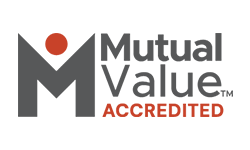Regardless of whether you are looking to buy your first home, your next home, an investment property, or even to refinance, we can help you find a home loan to suit your needs.
With such a significant financial investment, it is important to understand your borrowing power, financial commitments, and to evaluate the different loan types, features and interest rate options available.
That's why we developed this guide, Buying your home, to help first home buyers get started. By defining key terms to eliminate confusing jargon, information and providing additional information to help those looking to break into the housing market.
Whether you're saving for a deposit, seeking home loan pre-approval, or just need support navigating the process, we're ready to help you make your move. Speak to a Mobile Lender, apply online or contact us.

Helping you buy your dream home
Home loan calculators
Our handy home loan calculators can help you determine the amount you can borrow and what the monthly repayments may be.
Common home buyer FAQs
If you are buying your first home, you will need at least 5% deposit on the cost of the property, however if you want to avoid Lenders Mortgage Insurance you’ll need at least 20%. In addition, a good pattern of savings will also help. However, if you already have a home and a mortgage, it is more about the amount of equity you have after you sell one property and buy another and use this as your deposit. As an investor you may also be able to use the equity you have built up over time in your investment property.
Income
Income is a key indicator of how much you will be able to borrow. Your financial institution will need to be comfortable that you can cover the repayment based on your salary and other normal household costs.
Financial Commitments
In addition to your income, savings and deposits, your financial institution will also look at what your expenses or outgoings will be to determine affordability. This could include other debts, credit cards, bills, and general living expenses.
When considering how much you can borrow, be sure to factor in that interest rates may increase, which would mean that your repayments will also increase. You need to ensure that you will be able to afford to make your repayments if you choose a variable rate loan and rates increase. Alternatively, you may want to consider a fixed rate loan to lock in your rate.
You can use our Borrowing Power Calculator to understand how much you can borrow, or our Loan Repayment Calculator to see how much your repayments will be – or contact our friendly team to discuss.
To prepare for such a significant financial investment, you should understand and consider the additional costs associated with purchasing property, for example:
- Application fees
- Building inspection fees
- Stamp Duty
- Conveyancing fees
Obtaining pre-approval means you will know exactly how much you can borrow before you start looking, making an offer or bidding at auction. Our team can review your current circumstances and tell you how much you could be approved to borrow. And if your circumstances don’t change, your pre-approval will last for 90 days.
Navigating the jargon and the buying process can feel overwhelming, but we’re here to support you on your home ownership journey so you can make your move.
We're ready to help you
*At the end of the fixed rate period the loan will continue as a fixed rate loan for the same period, unless you choose a different fixed rate period or a variable rate product.




